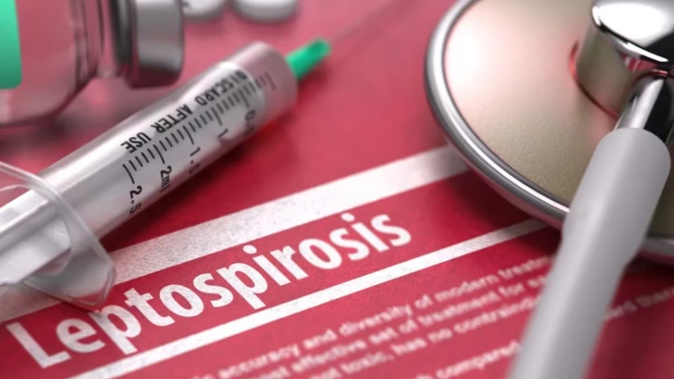
There has been a big spike in cases of leptospirosis in flooded areas around New Zealand.
Leptospirosis is a bacterial infection shared in the urine of infected animals, which causes flu-like symptoms. Two out of three people who contract it are hospitalised.
Last year, there were 170 cases nationwide, nearly all in people living rurally. This was the highest number of cases in at least 20 years, Massey University professor of veterinary public health Jackie Benschop said. Data showed 70% of people suspected of having the disease were not tested for it.
Of the recorded cases, 39 were in Hawke’s Bay in areas flooded by Cyclone Gabrielle. That was five times the usual number of recorded cases in Hawke’s Bay, Benschop said.
Benschop told RNZ they had expected the spike in numbers.
Rural Women NZ (RWNZ) had again joined forces with Massey University to help raise awareness around leptospirosis to better control the disease. This awareness project would continue until June next year.
“Last year it was quite something,” Benschop said.
“We thought we might see more cases after the extreme events. So.... not only Cyclone Gabrielle, but it was a wet summer.”
She said a month after the cyclone there were 15 cases “when you’d normally get one or two that month”.
There are different strains of leptospirosis, which is spread by bacteria living in the kidneys of many domestic species, such as sheep, cattle, deer, rats, mice and possums.
“How we get it is we get exposed to the urine of those animals or to water contaminated with the urine of those animals. And how it gets into us is either through cuts or grazes in the skin, or, say, having wet skin from working in flood water, or through your eyes or nose,” Benschop said.
She said animal vaccines were a great tool to help prevent some strains of leptospirosis. A full vaccination programme on animals can work well.
RWNZ national president Gill Naylor said farmers should look at vaccinating their stock if they thought leptospirosis could happen.
“It was quite prevalent in the dairy industry. Sheep and beef, not quite so much. But the other thing with that is in these tight financial times some things need to go by the wayside and lepto vaccination may perhaps be one of those. It’s just a matter of being really aware of what causes it and how it’s passed and just being really, really safe anytime that you are working with animals.”
She urged farmers working with livestock to wear personal protective equipment, sunglasses or safety glasses, gloves and aprons, particularly if farmers were likely to be exposed to urine in areas such as cowsheds.
“Have really good handwashing and sanitising practices in place.”
She said if anyone did feel ill after working with livestock they should ask their doctor to check for leptospirosis.
Take your Radio, Podcasts and Music with you









